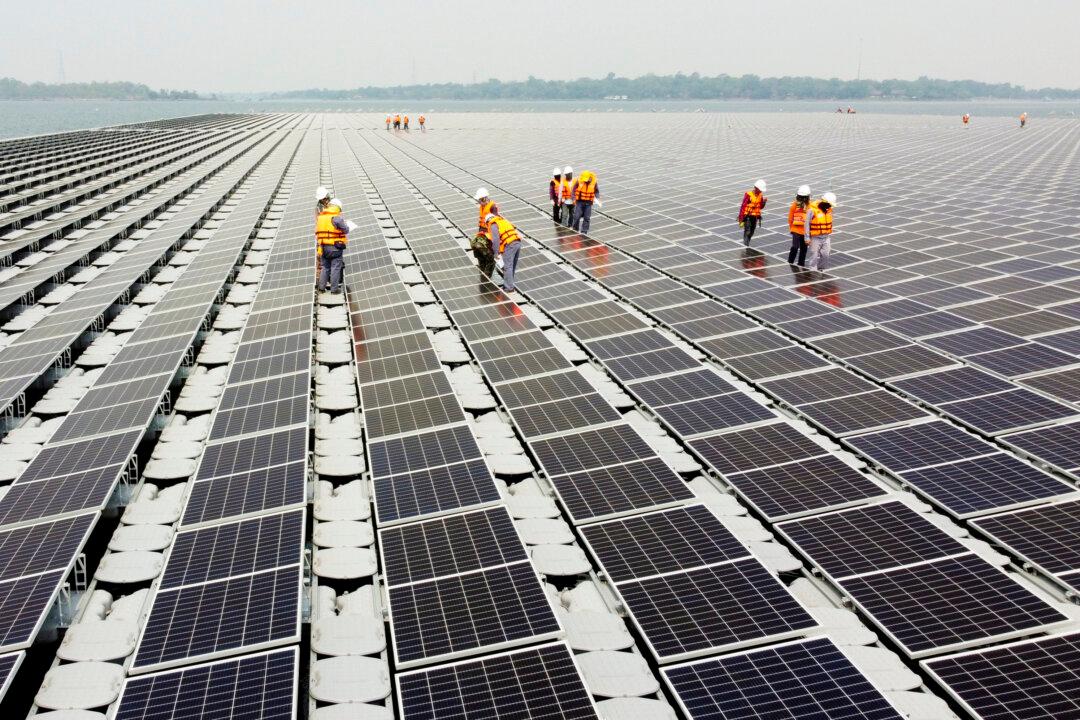The U.S. Department of Commerce announced on Monday plans to impose duties of up to 3,521 percent on solar cell imports from four Southeast Asian nations in a bid to curb unfair trade practices.
The move follows a complaint filed by U.S. manufacturers last year alleging that Chinese-owned solar manufacturers operating in Cambodia, Malaysia, Thailand, and Vietnam have been dumping solar products into the U.S. market at unfairly low prices and receiving subsidies, causing material injury to the U.S. solar industry.





